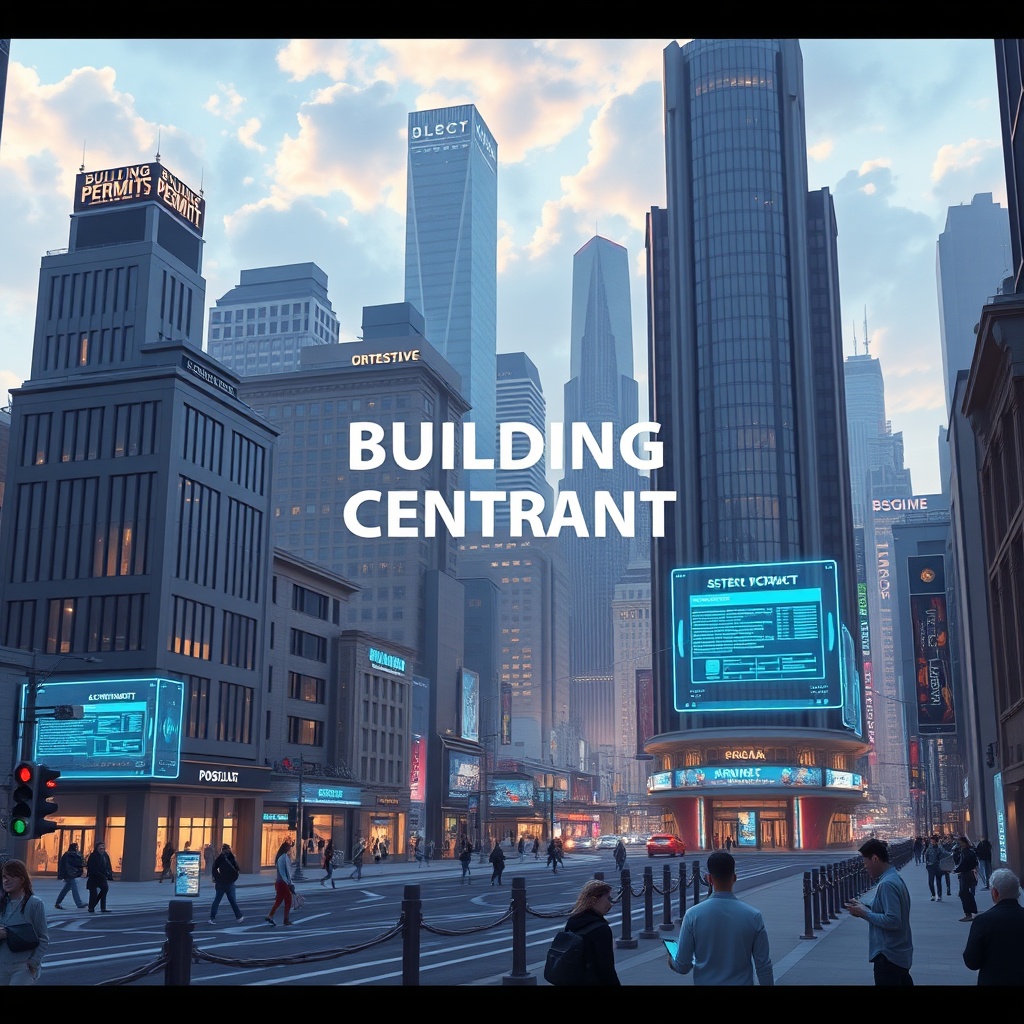The construction industry has long grappled with the bureaucratic challenges of obtaining building permits. The introduction of smart contracts presents an innovative solution that promises to streamline and automate the permit issuance process. By leveraging blockchain technology, stakeholders can expect enhanced transparency, reduced processing times, and minimized human error.
Transforming Traditional Practices
Historically, the process of obtaining building permits has been fraught with inefficiencies. Multiple stakeholders, including architects, builders, and local authorities, often find themselves embroiled in a cumbersome process filled with paperwork and delays. Smart contracts automate these interactions, ensuring that all parties are informed and that regulations are adhered to without the need for extensive manual oversight.
- Increased Efficiency: Automating the permit process reduces the time taken for approvals.
- Enhanced Transparency: All transactions and approvals are recorded on a blockchain, providing a clear audit trail.
- Cost Reduction: With fewer resources needed for manual processes, overall costs can be significantly lowered.
Key Steps in Smart Contract Implementation
Implementing smart contracts for building permit issuance involves several critical steps. Each step is designed to ensure that the transition from traditional methods to automated systems is seamless and effective.
- Step 1: Define the regulatory framework that the smart contract must adhere to.
- Step 2: Develop the smart contract to automate the submission, review, and approval process.
- Step 3: Engage stakeholders to ensure understanding and buy-in for the new system.
- Step 4: Deploy the smart contract on a secure blockchain platform.
- Step 5: Monitor performance and gather feedback for ongoing improvements.





